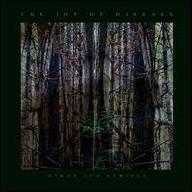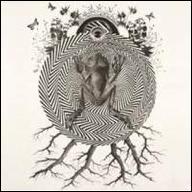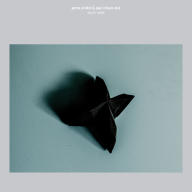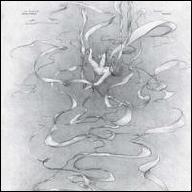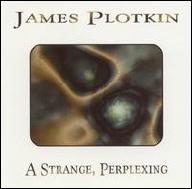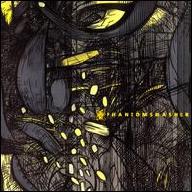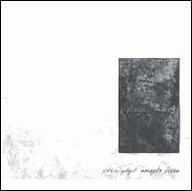By the mid-'90s, Plotkin had moved on, playing guitar and guitar-synth on Scorn's Evanescence (Earache 1994) and collaborating with K.K. Null on the Aurora album (Sentrax 1994). Both of these efforts found Plotkin moving away from grindcore and further toward dark ambient. Seemingly, the turning point for Plotkin came when he collaborated with Scorn mastermind Mick Harris on the Collapse album (Asphodel 1996), a collection of ambient dub tracks that were just as dark and heavy as the two artists' former grindcore efforts (Harris had been a drummer in Napalm Death). The two continued collaborating, most notably as Flux, which also featured vocalist Ruth Collins, and Plotkin continued to contribute to Harris' Scorn albums.
Following the success of his collaborations with Harris, Plotkin began collaborating with other artists. He collaborated with Kipp Johnson and Bill Yurkiewicz on releases as both Namanax and Solarus in the late '90s. He worked again with Collins, who contributed both lyrics and vocals to Plotkin's first solo full-length, The Joy of Disease (Avant 1998). Later that same year he began recording albums for the Kranky label, beginning with a collaboration between himself and Mark Spybey, A Peripheral Blur, followed by a collaboration with Brent Gutzeit, Mosquito Dream (1999).
In the early 2000s, Plotkin began a series of new collaborations. He reunited with former bandmate Alan Dubin (former Old vocalist) in the group Shadowcast, which is an experimental doom/sludge group also featuring Jason Corley (former 16 drummer). This collaboration led to Khanate, a group led by Stephen O'Malley (former Burning Witch guitarist) that also featured Dubin on vocals, in addition to Tim Wyskida on drums and Plotkin on bass. Other collaborations include Atomsmasher, a sort of electronic grindcore project also featuring DJ Speedranch and Dave Witte, and the Trifid Project, a collaboration with Celluloid Mata. ~ Jason Birchmeier, Rovi


